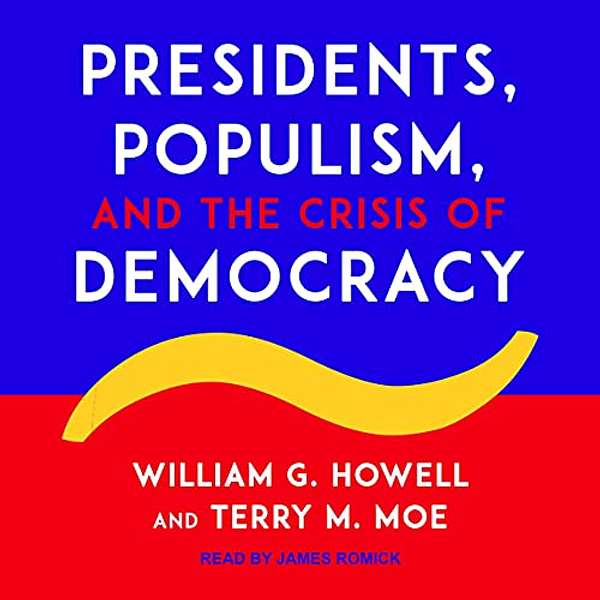
Peaceful Political Revolution in America
"The basis of our political systems is the right of the people to make and to alter their constitutions of government."
Alexander Hamilton, James Madison, James Wilson, Thomas Paine, and many other American patriots and revolutionaries completely agreed with this simple but compelling statement made by President Washington. Yet today, very few Americans know what the basis of our form of government is, let alone understand what it means.
This Podcast will dive into the most important and most censored story in America. We will uncover the myths behind our constitutional history and reveal some of the startling facts about our founding as a nation. Hang on tight! If you haven't honed up on your American history, if you think you understand our American political system, you may be in for a shock.
Peaceful political revolution is your unique American heritage. It is what makes our democracy so special and what makes your role in American politics so important. Are you ready for a peaceful political revolution? Where does it come from? How does it happen? What can you do to change our political system for the better?
We will address these questions and many more in the upcoming Podcasts, so hang on. If you think our politics are bad and only getting worse, you may find that a peaceful political revolution is the antidote.
Peaceful Political Revolution in America
S1 E13 Presidents, Populism and the Crisis of Democracy with William Howell
William Howell is the Sydney Stein Professor in American Politics at the University of Chicago, where he holds appointments in the Harris School, Department of Political Science, and College. Currently, he is the chair of the Department of Political Science, director of the Center for Effective Government, and co-host of Not Another Politics Podcast. William has written widely on separation-of-powers issues and American political institutions, especially the presidency. He currently is working on research projects on separation of powers issues, the origins of political authority, and the normative foundations of executive power.
William’s most recent book (with Terry Moe) is Presidents, Populism, and the Crisis of Democracy. He also is the author or co-author of numerous other books, including: Relic: How the Constitution Undermines Effective Government–And Why We Need a More Powerful Presidency (Basic Books, 2016); The Wartime President: Executive Influence and the Nationalizing Politics of Threat (University of Chicago Press, 2013); Thinking about the Presidency: The Primacy of Power (Princeton University Press, 2013); While Dangers Gather: Congressional Checks on Presidential War Powers (Princeton University Press, 2007); Power without Persuasion: The Politics of Direct Presidential Action (Princeton University Press, 2003); The Education Gap: Vouchers and Urban Schools (Brookings Institution Press, 2002); and textbooks on the American presidency and American Politics. His research also has appeared in numerous professional journals and edited volumes.
William is a member of the American Academy of Arts and Sciences and a former fellow at the Center for Advanced Studies in the Behavioral Sciences at Stanford University. He is the recipient, among other academic awards, of the Legacy Award for enduring research on executive politics, the William Riker award for the best book in political economy, the D.B. Hardeman Prize for the best book on Congress, the Richard Neustadt award for the best book on the American presidency, and the E.E. Schattschneider Award for the best dissertation in American Politics. His research has been supported by the National Science Foundation, the Smith Richardson Foundation, the Democracy Fund, and the Bradley Foundation. He also has written for a wide variety of media outlets.
Before coming to the University of Chicago, William taught in the government department at Harvard University and the political science department at the University of Wisconsin. In 2000, he received a Ph.D. in political science from Stanford University.
William, welcome to the Peaceful Political Revolution in America podcast, it's great to have you on the podcast, how are you doing?
What do you make of the hearing today?